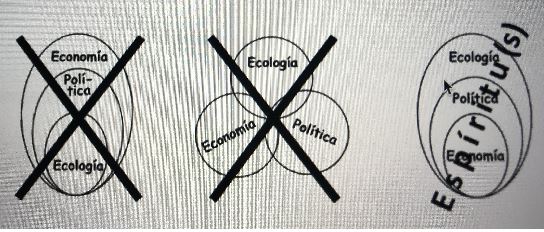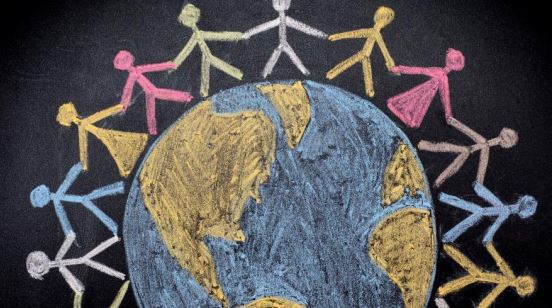The UNESCO Climate Change Initiative, launched by the Director-General in Copenhaguen, federates UNESCO’s work and joins it with that of other UN bodies and aims to help Member States to mitigate and adapt to climate change, to educate for sustainable development in the context of climate change, to assess the risks of natural disasters due to climate change, and to monitor the effects of climate change on UNESCO Sites (e.g. World Heritage sites and biosphere reserves). The initiative uses these sites for promoting low carbon economies, for instance through the sustainable use of renewable energy sources.
The complexities involved require enhanced progress in providing education, public awareness and training for societies around the world to better understand, mitigate and adapt to climate change. Such progress will create an informed citizen, a knowledgeable workforce and enlightened government officials.
Climate change is increasingly recognized as the driver of biodiversity change with the most rapid increase in impacts and related cascading effects on human livelihoods. Loss and degradation of biodiversity, such as forests, is also an important driver of climate change. Through the ecosystem services it supports, biodiversity makes an important contribution to both climate change mitigation and adaptation, providing the basis for efforts to reduce the negative effects of climate change.
The importance of the ocean to global climate change cannot be underestimated. The ocean regulates our climate and captures almost a thirs of our carbon emmissions. Whether caused by increasing greenhouse gases, coastal pollution, overfishing, coastal development or increasing population pressure, the world’s ocean, coasts and marine ecosystems are undergoing great changes.




Leave A Comment
You must be logged in to post a comment.